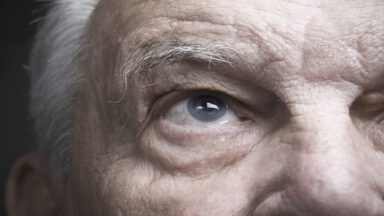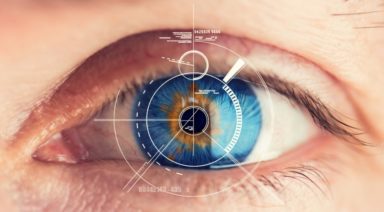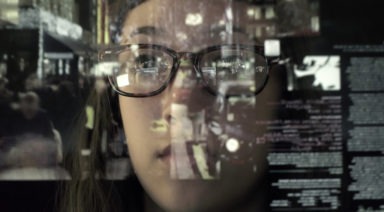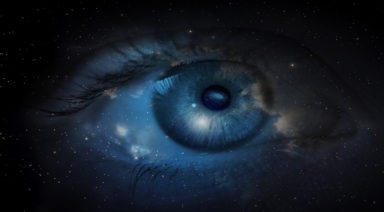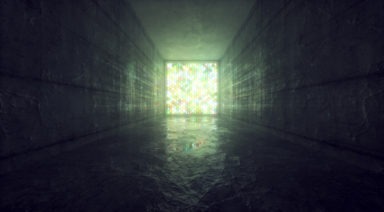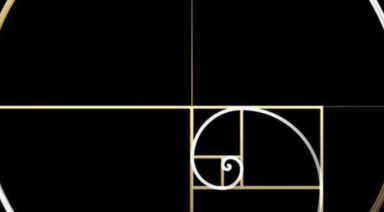French Researchers Spent 40 Days in a Cave to Study Our Perception of Time
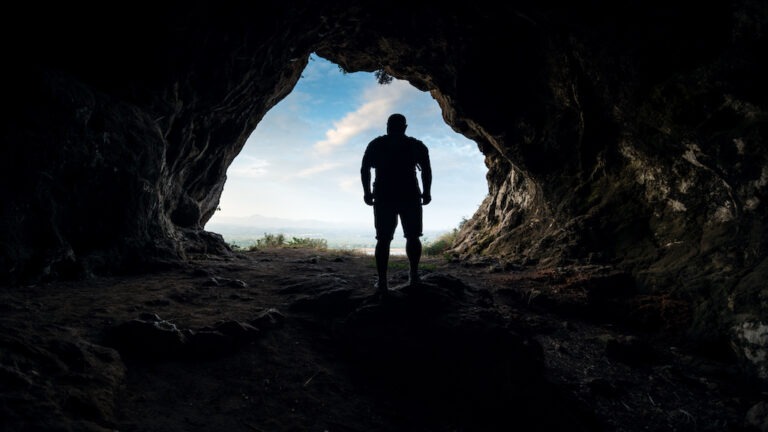
In today’s fast-paced world, many of us feel that time is a luxury we just don’t have. But what would happen if we had no way of telling the passing of time? A group of volunteers, isolated in a French cave for 40 days, recently found out.
A group of 15 French volunteers was part of a study called “Deep Time”, which set out to explore human adaptability to isolation. Christian Clot, an explorer and the project’s director, was also one of the volunteers.
“The main objective for the entire mission was to understand how a group of human beings can adapt when suddenly they are in a situation without one of the most important things in our life, which is time. I mean, everything is time in our life, we’re always watching our watch or smartphone, and suddenly you are out of time, you don’t have this information,” he said.
“What happens to the brain? What happens to social situations? What happens to our genetics?”
Watch more:
About the Author
Gaia guides people on their personal transformational paths with the world’s largest library of exclusive and original conscious media. Like our members, Gaia staff are driven by curiosity, passion and the desire to grow, as we continue on our own spiritual journeys and quests. Our members inspire our own authenticity: the quest for transformation never ends. If there is a topic you’d like to learn more about, please let us know. You can also join Gaia as a contributing author and help us connect readers to people and ideas that fuel a conscious life.
Next Article
Acquired Savant Syndrome Shows Superhuman Skills Latent in Anyone

Everyone has an area in life where they excel, but what if you woke up one day and suddenly had a newfound aptitude for a musical instrument, or intrinsic comprehension of complex mathematical equations? While this might sound like the premise of a science fiction novel, it’s actually a documented phenomenon called “Acquired Savant Syndrome,” and it can give subjects amazing abilities.
How is Savant Syndrome Acquired?
Savants are often associated with autism or the autistic subtype, Asperger’s syndrome. It’s common for those on the autistic spectrum to have incongruous gifts when it comes to music, arts, and mathematics.
The term “idiot savant” was originally coined by John Langdon Down, the discoverer of Down Syndrome. Derived from the French word idiot, and the word savoir, meaning “to know.” It was a non-derogatory word for someone with a low IQ, and unusual gifts or abilities such as in mathematics. This was soon replaced with the term “autistic savant,” but in reality, only about 50 percent of savants are autistic.

The video streaming platform exploring Expanded Consciousness, and Mind Potential
Free Trial




















